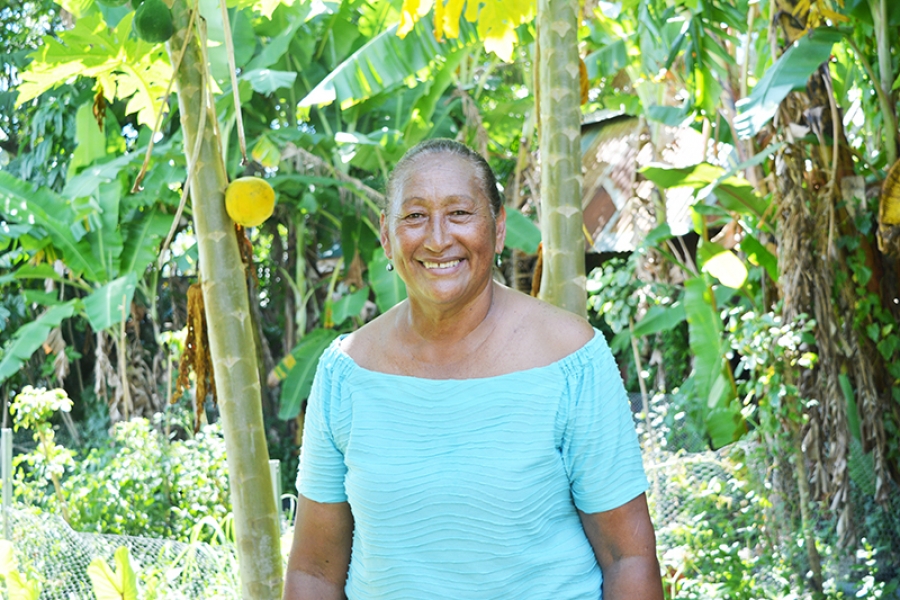Titikaveka electoral petition hearing set for three days
Monday 6 March 2023 | Written by CI News Staff | Published in Court, National

Margaret Matenga. 18032617
The hearing of the remaining electoral petition starts today at the High Court in Avarua, to be presided by Justice Christopher Toogood.
Five electoral petitions and one application for a recount were filed at the High Court in August 2022.
All the petitions were either dismissed or withdrawn except the one that will be heard this week in the High Court.
The pending petition decision was filed by Cook Islands United Party candidate Margharet Matenga, alleging there were up to eight voters who voted in the Titikaveka electorate despite being ineligible to do so.
Matenga lost to Cook Islands Party member Sonny Williams by three votes in the August 2022 general election.
A call-over hearing on the petition was held in December, after Williams’ appeal to have the petition struck out was denied.
Justice Colin Doherty, who oversaw the call-over hearing, directed the Court Registrar to set a date for the hearing of the petition on the first available date after February 24, 2023.
According to a High Court fixture released by the Ministry of Justice, the civil (electoral) hearing – Margharet Matenga v Sonny Williams & Chief Electoral Officer (Petition for Inquiry) – is set for three days with Thursday and Friday reserved.
Rarotonga lawyer Brian Mason is representing the petitioner, Matenga. Williams is represented by New Zealand lawyer Isaac Hikaka alongside Little & Matysik P.C’s Heinz Matysik and Ben Marshall. Crown Law senior counsel David Greig will represent the Chief Electoral Officer.
The matter has delayed the first sitting of Parliament post 2022 general election held on August 1.
Prime Minister Mark Brown earlier said once Parliament is in session, he will look to remove the clause which prevents it from sitting until all petitions are resolved.
“It makes a mockery of the separation of powers. Parliament should be able to sit once MPs have been confirmed and gazetted by the chief electoral officer,” Brown told RNZ Pacific.
“Any petition or challenge is a matter for the judiciary to deal with separately outside of Parliament and Parliament should be able to conduct its business despite petitions being heard.”
The ruling Cook Islands Party won 12 seats in last year’s election and is able to govern with the help of three independents.
The Democratic Party won five seats, the United Party took three and the One Cook Islands Movement gaining one seat. Both main opposition parties lost a seat between the preliminary count on August 1 and the final count on August 10.




















































